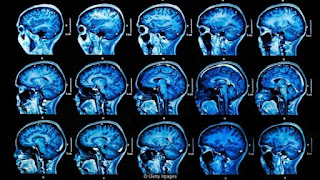Treatment of Epilepsy
There is currently no cure for most types of epilepsy.
However, surgery can stop some kinds of seizure from occurring, and in many
cases, the condition can be managed.
If an underlying correctable brain condition is causing the
seizures, sometimes surgery can stop them. If epilepsy is diagnosed, the doctor
will prescribe seizure-preventing drugs or anti-epileptic drugs.
If drugs do not work, the next option could be surgery, a
special diet or VNS (vagus nerve stimulation).
The doctor's aim is to prevent further seizures from
occurring, while at the same time avoiding side effects so that the patient can
lead a normal, active, and productive life.
Anti-epileptic drugs (AEDs)
The majority of AEDs are taken orally. The type of seizure
the patient is having will decide which drug the doctor may prescribe. Patients
do not all react in the same way to drugs, but AEDs appear to help control
seizures in 70 percent of cases.
Drugs commonly used to treat epilepsy include:
- sodium valproate
- carbamazepine
- lamotrigine
- levetiracetam
Some drugs may stop seizures in one patient, but not in
another. Even when the right drug is found, it can take some time to find the
ideal dose.
To know more Join us at the International Conference on #Alzheimers, #Dementia and Related #Neurodegenerative Diseases... Register now to avail Early Bird Discounts https://bit.ly/2HiY83e




Comments
Post a Comment